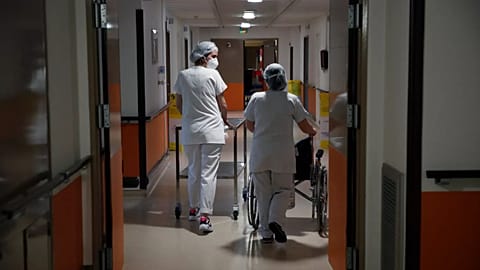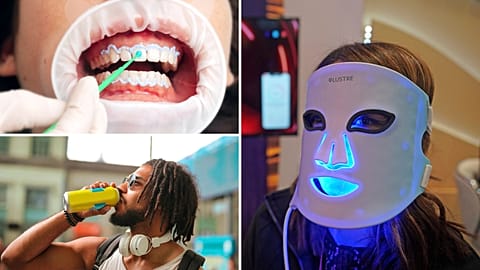Patients with a history of skin cancer saw the biggest benefit from taking the supplement.
A form of vitamin B3 that can be purchased in pharmacies may curb the risk of certain skin cancers among people who have already had the disease, a new study has found.
Doctors have long recommended the supplement, known as nicotinamide, for people with a history of skin cancer. Previous studies suggested it could help protect cells from UV radiation damage and that people taking it were less likely to see their skin cancer recur.
But nicotinamide’s full impact has been difficult to measure because it is sold over the counter in pharmacies and health shops, meaning health databases haven’t captured whether people are taking the supplement or not.
That prompted researchers to analyse data from nearly 34,000 patients in the US Veterans Affairs system, which treats military veterans and their families. More than 12,000 patients were prescribed 500 milligrams of nicotinamide supplements twice daily for at least a month.
Patients taking nicotinamide saw a 14 per cent lower risk of developing skin cancer. The risks were even lower for people who had skin cancer previously (54 per cent) and for a common form of skin cancer known as cutaneous squamous cell carcinoma.
The study was published in the journal JAMA Dermatology.
The findings could change the way doctors discuss the supplement with their patients, the researchers said.
“There are no guidelines for when to start treatment with nicotinamide for skin cancer prevention in the general population,” Dr Lee Wheless, one of the study’s authors and an assistant professor of dermatology and medicine at Vanderbilt University, said in a statement.
“These results would really shift our practice from starting it once patients have developed numerous skin cancers to starting it earlier,” Wheless added.
Notably, the study also homed in on more than 1,300 patients who had weakened immune systems after undergoing organ transplants.
They did not see a significant reduction in their skin cancer risk after taking nicotinamide, though taking the supplement early on was tied to a lower risk of skin cancer known as cutaneous squamous cell carcinoma.
“We still need to do a better job of identifying who will actually benefit [from nicotinamide], as roughly only half of patients will develop multiple skin cancers,” Wheless said.


















